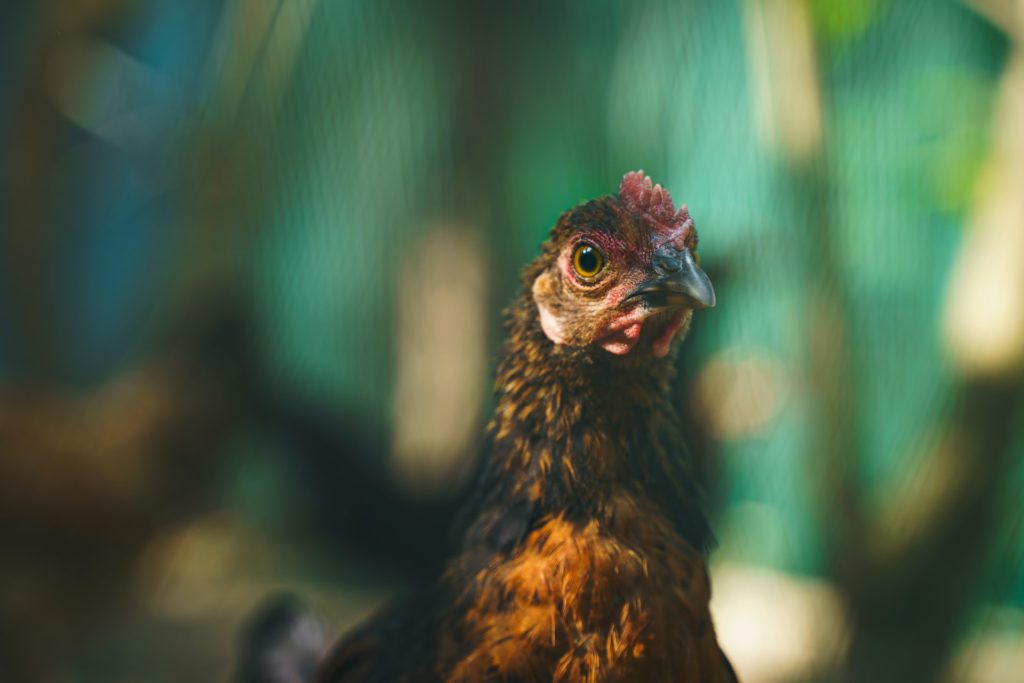A case of bird flu was discovered at the farm of an amateur poultry keeper in Moerzeke, near Hamme in East Flanders, according to Belgium’s Federal Agency for the Safety of the Food Chain (FASFC).
Special measures have been implemented, including the establishment of a buffer zone and surveillance zone.
“Because some chickens had already died and were showing other signs of illness, I was consulted,” veterinarian Jozef Colman told Het Nieuwsblad.
“I took a deathly ill animal to the lab for examination, where the inspection of the Federal Food Agency also came along.”
There, Colman’s suspicions of bird flu were confirmed. Consequently, the hobby farmer’s thirty chickens were culled.
“It is likely that the wild birds in the adjacent nature reserve are the carriers of the disease,” Colman said.
The news is ill-received, as the sector has been suffering as a result of bans from other countries on importing Belgian poultry.
There are currently 24 embargoes in force for the Belgian poultry sector due to bird flu.
FASFC had asked the Organisation for Animal Health (OIE) for bird flu-free status in May, after detecting no outbreaks of the bird flu virus since March of this year.
The OIE was waiting for additional information, but had been expected to grant Belgium the bird flu-free status in the coming weeks, before this recent outbreak was discovered.
A buffer zone of 500 metres around the site of the outbreak requires poultry farmers to keep their chickens indoors in order to avoid contact with wild birds.
In the broader surveillance zone of 10 kilometres, all professional poultry farmers must communicate an inventory of their animals within 24 hours.
There are no professional poultry farmers within 500 metres of the outbreak site.
FASFC is monitoring the situation and staying in contact with European bodies and Member States, according to the Flemish information centre for agriculture and horticulture (VILT).
“This contamination shows that the bird flu virus has not completely disappeared in Belgium and that all poultry farmers still have to be careful,” the FASFC said.
“The risk of contamination via wild birds remains low enough that no additional measures need to be taken in the rest of Belgium.”
Avian influenza (H5N8) is a highly contagious virus to which all bird species are likely susceptible.
The circulating virus is not transmissible to humans, and there is no risk to the consumer, meaning meat and eggs can be eaten in complete safety. More information can be found on the FASFC website.

